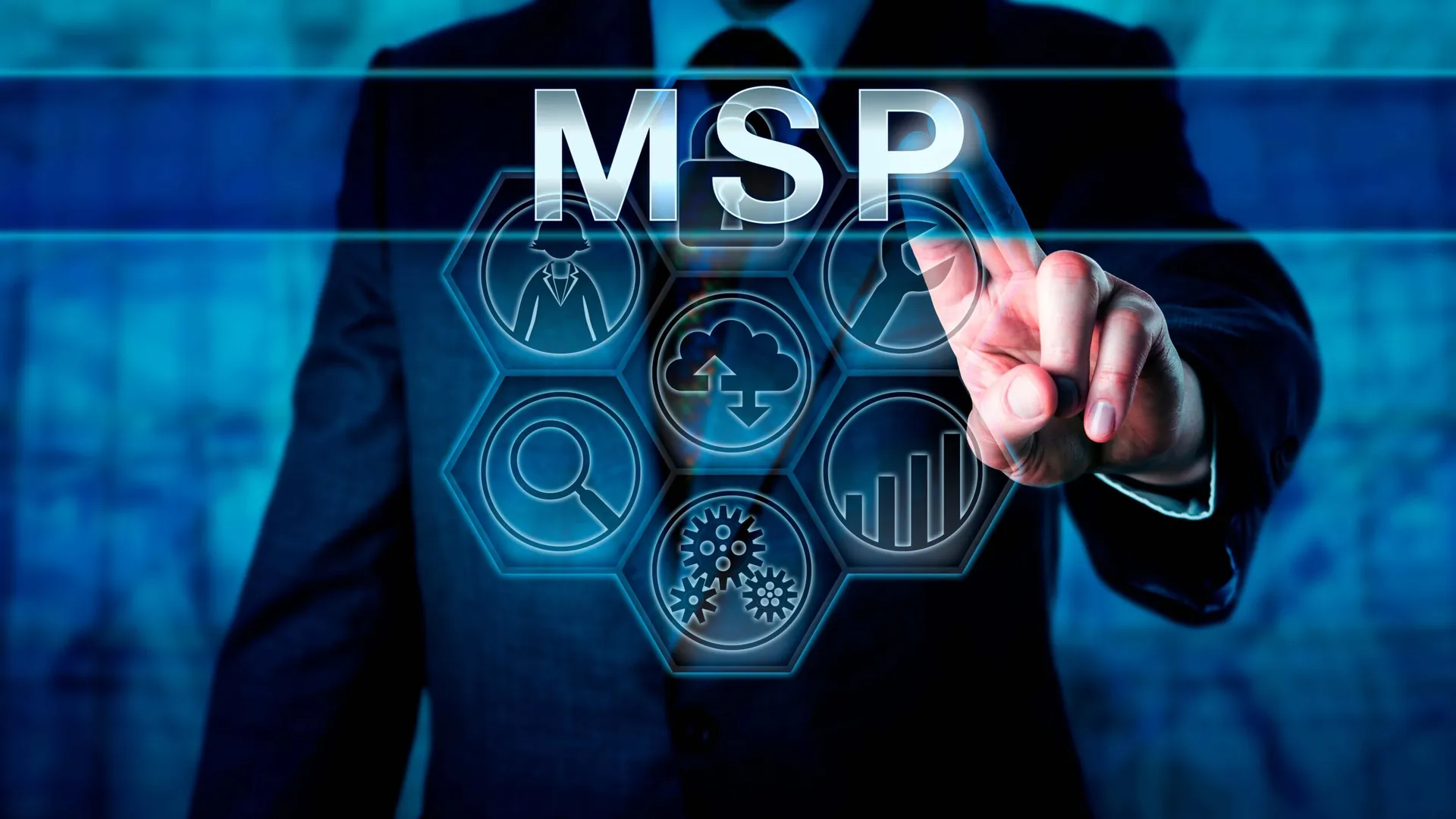Microsoft Co-founder Paul Allen has died following complications from cancer -- a disease he battled multiple times since around 1983.
Allen's contributions to the PC industry are well-documented (see further below). As news of Allen's death spread today, leaders from across the technology industry weighed in with tributes. As Bill Gates put it, "Personal computing would not have existed without him."
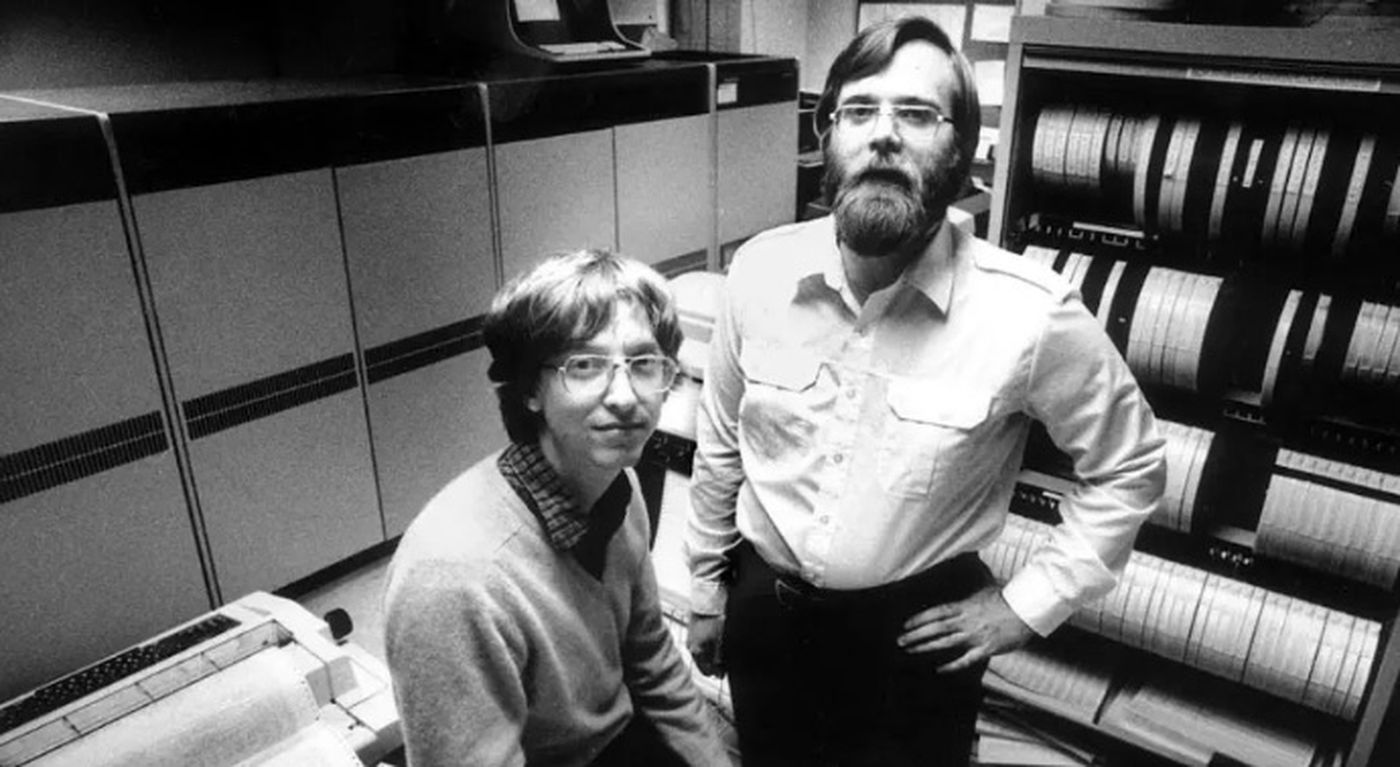
Paul Allen's Views on Bill Gates, Microsoft, Innovation and His Own Mortality
For those who didn't know Allen, here's a closer look at the man -- in his own words.
1. On innovation: "What should exist? To me, that's the most exciting question imaginable. What do we need that we don't have? How can we realize our potential?” (Source: Your Story)
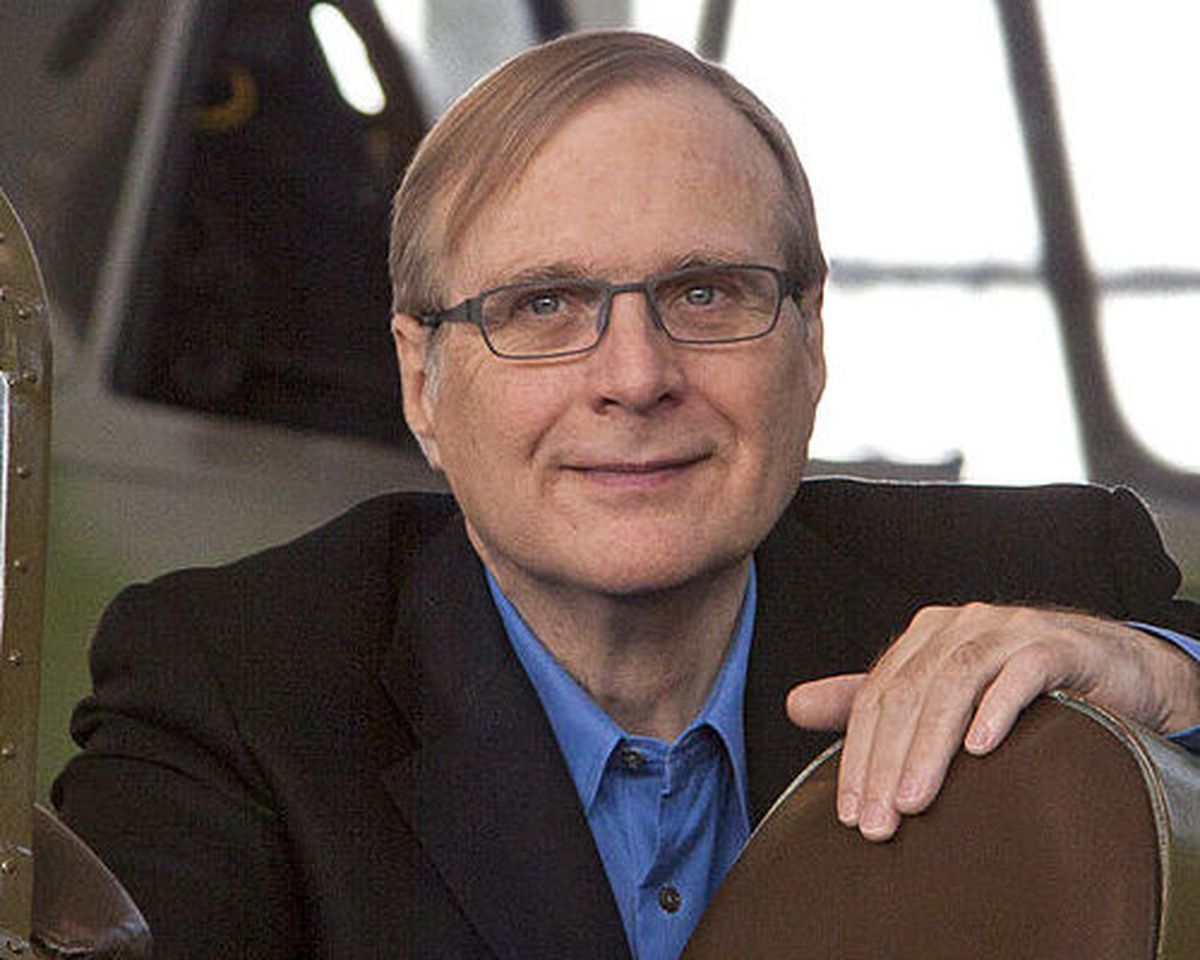
2. On the early years with Bill Gates: "We were very complementary. From a very young age we both became skilled programmers and knowledgeable about the technology landscape, and excited to do something entrepreneurial. Bill and I were both equally fanatical about learning everything we could." (Source: The Guardian)
3. On programming with Gates: "We split the programming tasks. I was familiar with the software that ran on mainframes and minicomputers that will let you emulate chips. And Bill bit off some of the really complicated stuff and did a great job architecting the overall design of the Basic program. Bill was always very focused on the external relationships and the business management part of it, whereas I was more attracted toward seeing where the leading edge of the technology was going. So we were a good complement to each other." (Source: Discover Magazine)
4. On his original aspirations for Microsoft: "Bill and I had a discussion, I remember, probably some time around 1974. We said, 'Hey, if we're really successful we could form a company that could grow to around 35 employees.' So obviously we blew through our initial hopes and dreams there." (Source: The Guardian)
5. On the original 60-40 stock ownership agreement between Gates and Allen: "Well, at the time, Bill made an argument that I was getting a salary while he was still at Harvard making no money. I could see the logic of that. Maybe I could have argued more forcefully for the value of my original idea, but at the time I agreed to it." (Source: The Guardian)
6. On more recent investments in biosciences: "To make the kind of transformational advances we seek and thus shape a better future, we must invest in scientists willing to pursue what some might consider out-of-the-box approaches at the very edges of knowledge. This of course entails a risk of setbacks and failures. But without risk, there is rarely significant reward, and unless we try truly novel approaches, we may never find the answers we seek.” (Source: TechCrunch)
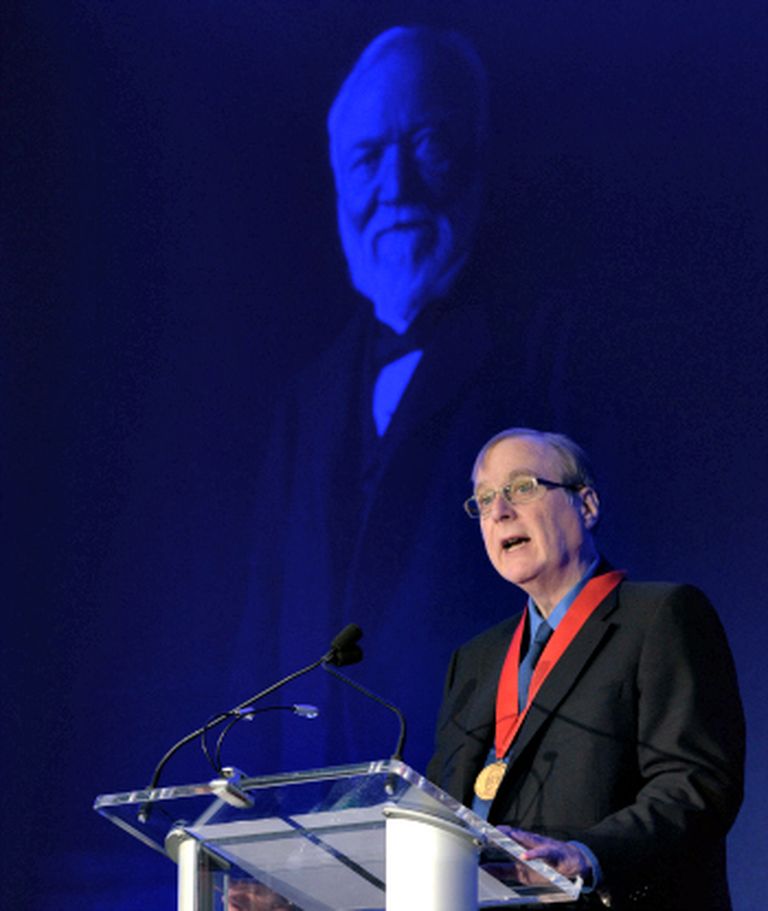
7. On his interest in brain research: "If you are involved in computers, at some point you end up being fascinated by the idea of the human brain. The human brain works in a completely different fashion from a computer and does some things so much better than a computer, and this may remain true for the next 100, 200 years. How can that be? So I brought a bunch of neuroscientists together and asked, “What can I do that would be interesting and different that would potentially help the field of neuroscience move forward?” The answer was a genetic database of the mouse brain." (Source: Discover Magazine)
8. On the possibility of intelligent life beyond the Earth: "The scientists are optimistic because they think that if they have better instruments that look deeper or on more frequencies, there should be civilizations out there broadcasting. I think everybody would admit it’s a long shot, but if that long shot comes in... wow." (Source: Discover Magazine)
9. On being diagnosed with cancer in 1983 at age 30: “To be 30 years old and have that kind of shock — to face your mortality — really makes you feel like you should do some of the things that you haven’t done yet,” Allen said in a 2000 book, “Inside Out: Microsoft in Our Own Words.” (Source: Associated Press)
10. On his cancer relapse around 2009, successful treatments, and ongoing cancer tests around 2011. "All of this reminds you of the fragility of your life, that all of us have only so much time to enjoy life, to do good things, and hopefully make the world a better place." (Source: The Guardian)
Paul Allen and Microsoft
For Allen and the PC industry, perhaps the "big bang" moment arrived when Allen was only 14-years-old -- and his chance meeting with Bill Gates (at the time, age 12) at a Seattle, Washington, school. Or perhaps it was in 1974, when Gates and Allen (and other dreamers) saw the Altair 8800 microcomputer's arrival as a game changer -- one that set the stage for third-party software to be sold on low-cost hardware.
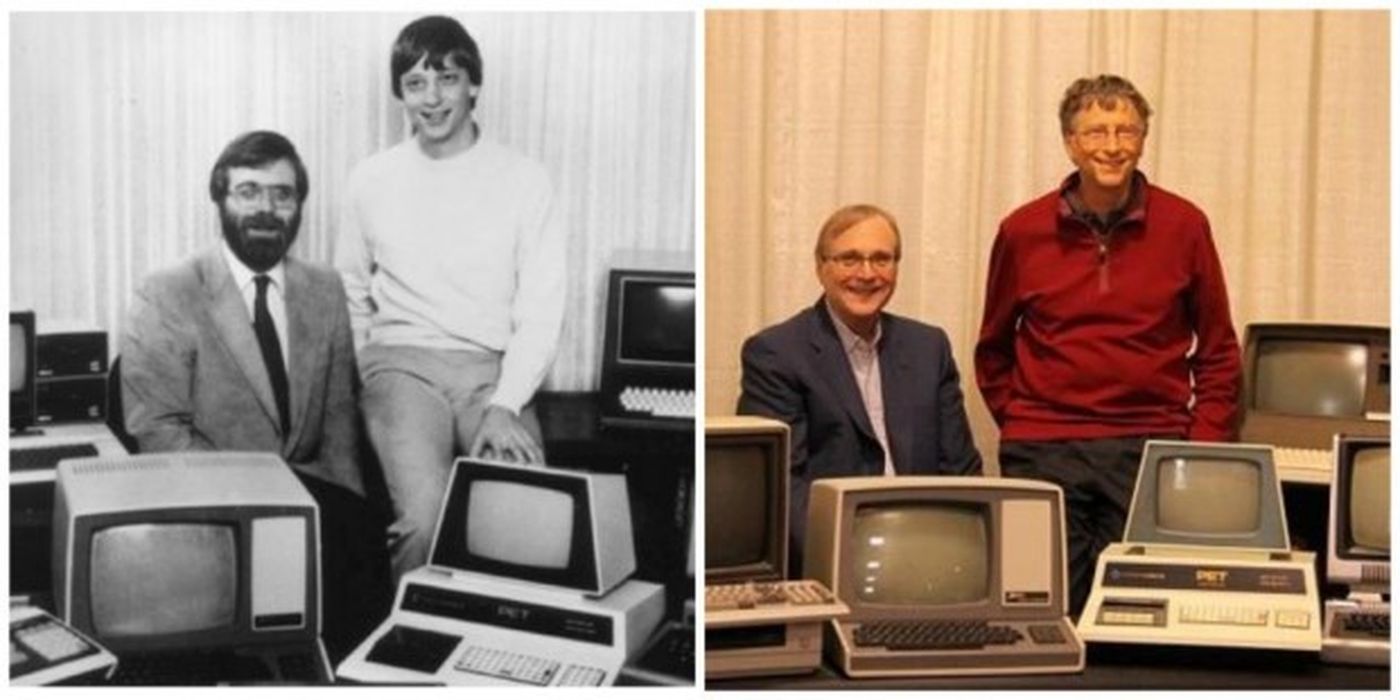
Launching, Building, And Leaving Microsoft
Building on that thesis, Allen and Gates co-launched Microsoft in 1975. Allen became known as the "idea man" -- while Gates' was a "man of action," according to Biography. It wasn't an easy relationship, but the two executives grew Microsoft to about 500 employees by the early 1980s, before Allen resigned in 1983 to wage his first personal war against cancer.
Video linkAllen successfully defeated cancer that decade. He then launched an investment firm, acquired multiple Seattle-area sports franchises, and pumped portions of his fortune into philanthropic efforts. Some of the investments delivered big paydays. Others were spectacular failures. And some moves -- particularly various patent lawsuits that he pursued -- angered technology industry peers.
But ultimately, Allen built a strong reputation as a philanthropist -- especially in the Seattle area. According to his website, Allen’s “philanthropic contributions exceed $2 billion,” ranging from environmental causes, fighting homelessness, furthering machine learning, and much more, 9to5 Mac notes.



